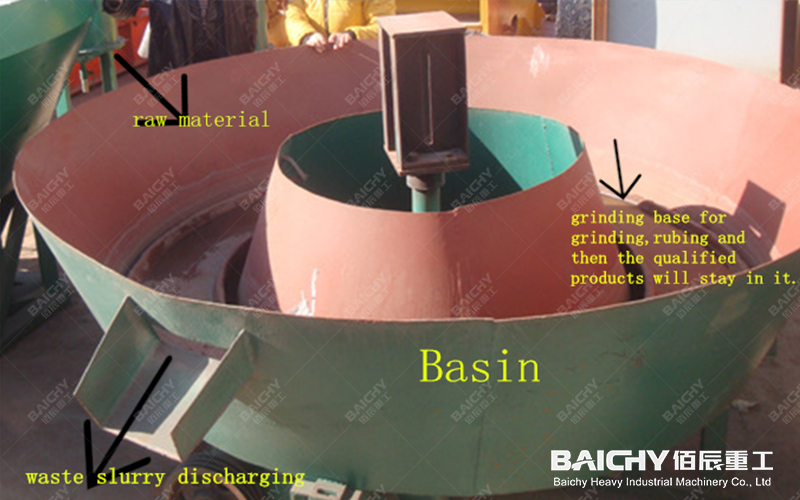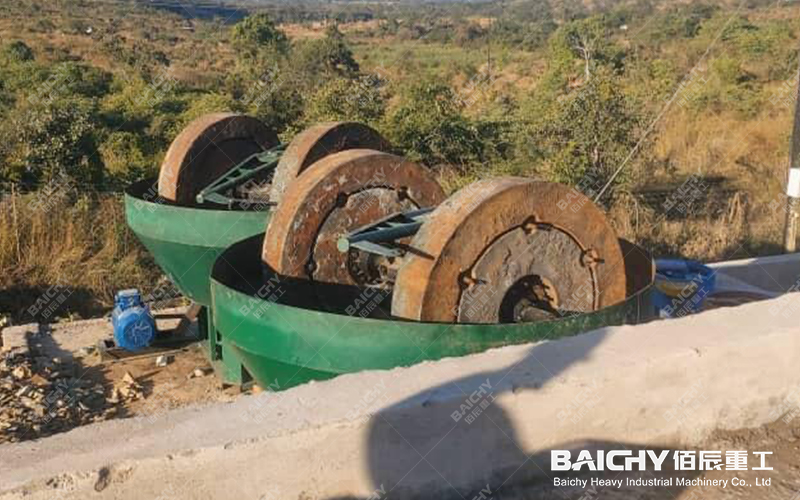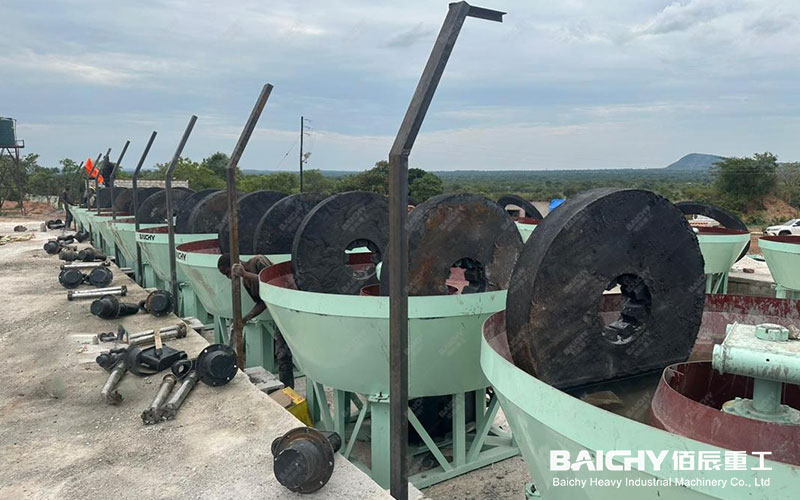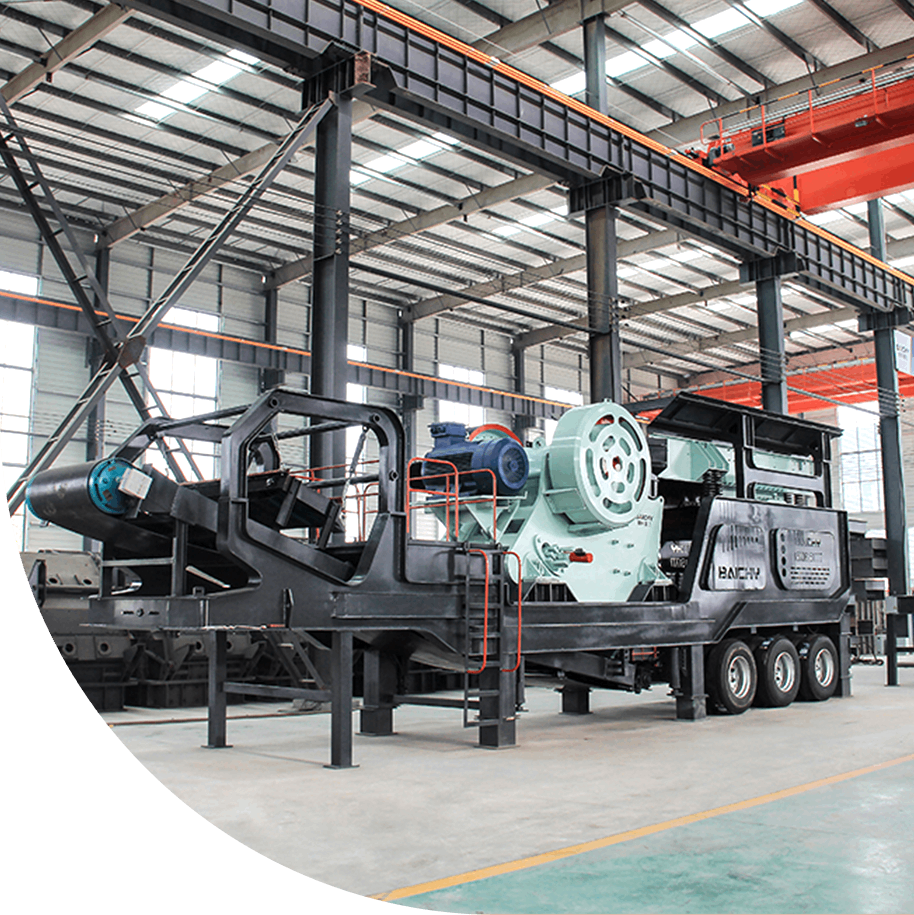Rock crushing is an integral part of the construction industry. Creating specific types of aggregate is an essential step in nearly every project, and the machines that complete these tasks are vital to overall success. Understanding the different types of rock crushers ensures that your teams have the best chance at success by understanding what sets them apart.
When it comes to crushing rocks, there are two main crushers: jaw crushers and impact crushers. Both have their unique advantages and disadvantages, and that is difficult to decide which type of crusher is right for production. Read on to learn the key differences between the two and which one is right for your project's needs.
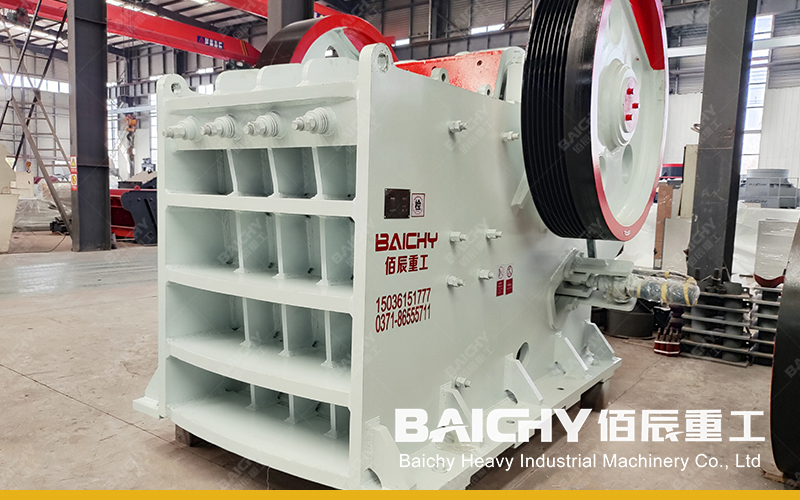
What Are Jaw Crushers?
Jaw crusher operates by compressing the material between two heavy jaws—a fixed jaw and a movable jaw. These jaws create a V-shaped crushing chamber where the material is crushed and reduced in size. Jaw crushers are typically used for primary crushing, handling hard and abrasive materials like granite, quartz, and limestone.
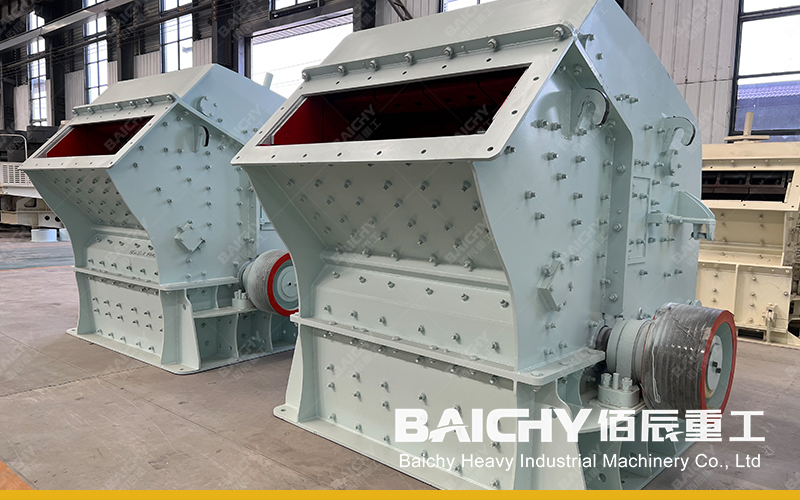
What Are Impact Crushers?
Impact crusher utilizes a rotating rotor with blow bars to impact the material against breaker plates. The material is then thrown against the crusher's walls or other surfaces, causing further fragmentation. Impact crushers are suitable for materials of medium hardness like limestone, gypsum, and coal. They are often used for secondary and tertiary crushing, producing a more uniform particle shape.
Jaw Crushers vs Impact Crushers
Application Range:
• Jaw Crushers: Ideal for primary crushing of hard and abrasive materials.
• Impact Crushers: More suitable for secondary and tertiary crushing, producing a finer and more uniform product.
Feed and Discharge Size:
• Jaw Crushers: Jaw crushers can accept larger feed sizes compared to impact crushers. And produce a relatively coarse output size.
• Impact Crushers: They are designed to accept smaller-sized rocks and materials. Impact crushers are capable of producing a range of output sizes, depending on the specific application and desired end product.
Crushing Capacity and Output:
• Jaw Crushers: Provide high crushing capacity and throughput, making them efficient for large-scale operations.
• Impact Crushers: Able to achieve higher reduction ratios and produce a more consistent product size, suitable for applications requiring a finer output.
Choose the Right Crushing Equipment for Your Needs
When selecting a crusher for your crushing operations, it's crucial to consider the material you're processing, the desired output size, and your production requirements. Our company offers a comprehensive range of jaw crushers and impact crushers, designed to meet various industrial needs.
By understanding the differences between a jaw crusher and an impact crusher, you can make an informed decision and choose the grinding equipment that best suits your application. Contact us to learn more about our high-quality grinding equipment solutions.




